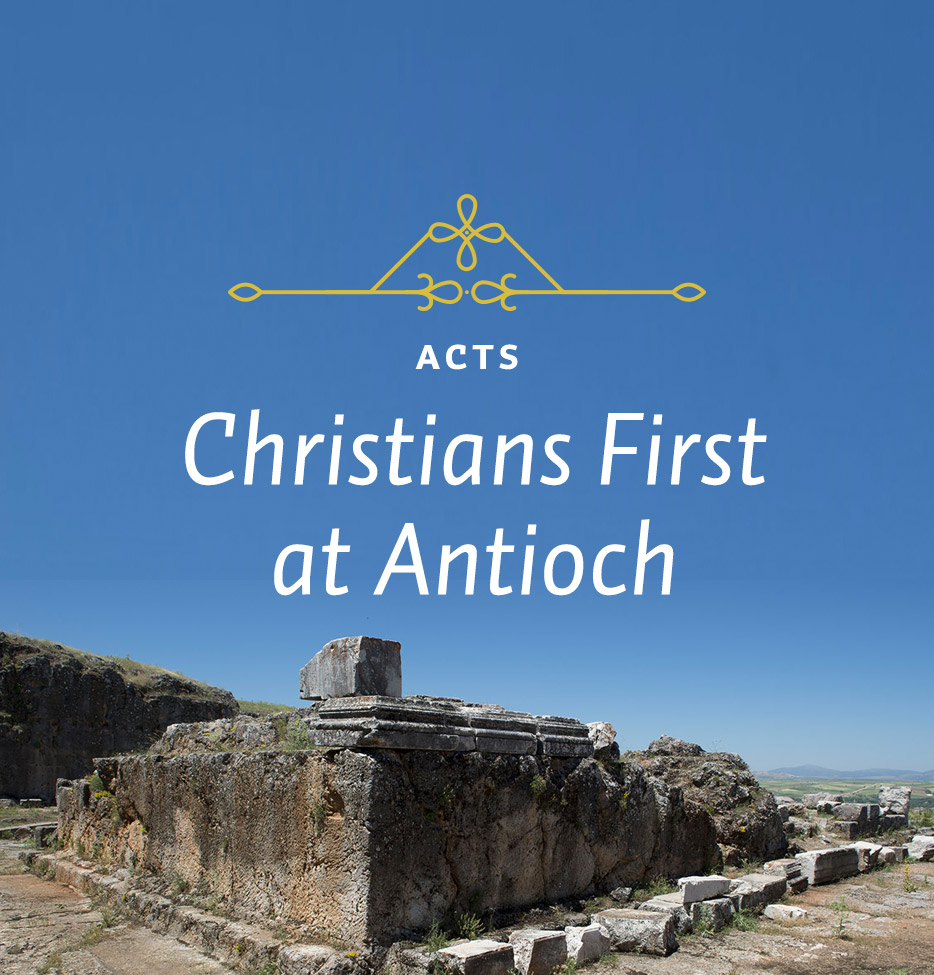We learn another thing about Barnabas at this point, and for this he is perhaps most to be praised. Barnabas was self-effacing.
Barnabas was the official delegate from Jerusalem. He was probably one of the most prominent figures in the church. As such, he could have been quite authoritarian. He could have said, “I am the official representative from Jerusalem. I am going to tell you what to do and how to run your church. You must do it like the Jerusalem church does, and you must report to me.” Barnabas did not seem to have had any of that spirit. Instead, he rejoiced at what was happening and encouraged the work. Then, this is most important, he went out of his way to get a man he had known years before in Jerusalem and whom he recognized as being just the one to help the church.
This was a mixed church with very little knowledge of the Word of God. What did a church like this need if it was not to go off in one crazy direction after the other? Obviously, it needed sound teaching. In order to have that, it needed someone to teach the new converts. Who could do it? Who was capable of that kind of systematic teaching for Gentiles? Barnabas thought, “That isn’t my gift. I am an encourager. I am not the one to teach them, but there must be somebody who can.” He thought of Saul.
Where was he? Saul had been in Jerusalem, which is where Barnabas had first met him. But he had gone back to his home in Tarsus, in what we call Turkey. Tarsus was about one hundred miles from Antioch, but Barnabas was not deterred by this. He set the time aside and made the journey and brought Saul to Antioch.
When they got there, Barnabas introduced Saul and then probably stepped back to let him preach. In this way, Saul began his ministry. The text says, “So for a whole year Barnabas and Saul met with the church and taught great numbers of people” (v. 25). That phrase, “great numbers of people,” is the very phrase used earlier when it says that a great number of people were brought to the Lord. So this verse is saying that all who were brought to the Lord were now taught. God saved many; now Barnabas and Saul taught many. They did this jointly, working together, which is how it should be.
One of the weaknesses of much church planting in our day is that we send a single individual to do it. He does the best he can. God blesses many of these efforts. But this is not the best way to proceed. When the Lord sent out His disciples, he sent them two by two. Here we have two also, Saul and Barnabas working together with mutually supporting gifts: Saul, the expositor or teacher, and Barnabas, the encourager.
Congregations need to understand the value of this biblical arrangement. Usually, they look to one pastor or another, and they expect that one person to have all the gifts. That is a great mistake. God gives one gift to one person and another gift to another, and every gift is needed. Churches need to recognize this fact and support all people in the exercise of the gifts they have been given.






